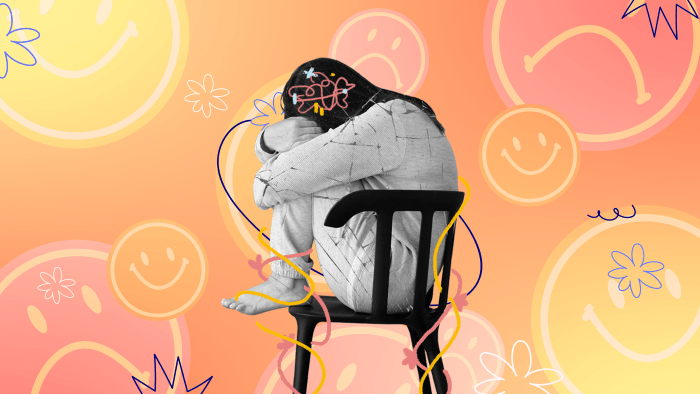About Course
Depression is a complex and widespread mental health condition that affects millions of people worldwide. It can impact all aspects of life, from relationships to work performance and overall well-being. Depression goes beyond simply feeling sad. It is a mood disorder characterized by persistent feelings of sadness, hopelessness, and a lack of interest or pleasure in activities that were once enjoyed. Depression can affect anyone, regardless of age, gender, or background, and often transcends temporary emotional states.
One direct consequence of untreated depression is disrupted relationships with others. The feelings of sadness, quick irritability, and a sense of isolation that often accompany depression can make it difficult for individuals to connect with their loved ones. Communication may break down, leading to misunderstandings, conflicts, and a sense of distance.
Depression can significantly impair an individual’s ability to perform well at work or school. Low energy, difficulty concentrating, and decreased motivation can lead to reduced productivity and performance. This can result in missed opportunities, financial stress, and even job loss or academic setbacks.
Depression not only affects mental health but can also have a significant impact on physical well-being. Research has shown a strong link between untreated depression and various health problems, including heart disease, immune system issues, and more.
One of the most concerning consequences of untreated depression is the increased risk of suicidal thoughts and behaviors. Feelings of despair and worthlessness can make individuals vulnerable to contemplating or attempting suicide. Seeking help and intervention are crucial in preventing these tragic outcomes. Overall, untreated depression can greatly diminish one’s quality of life. The continuous emotional pain, coupled with its ripple effects on relationships, work, physical health, and more, can make individuals feel trapped and unable to fully enjoy life.
This course delves into the fundamental knowledge of depression. It is part of the Wellbeing Campus program organized by the Health Promoting University (HPU) at Universitas Gadjah Mada in collaboration with the Center for Public Mental Health (CPMH) at the Faculty of Psychology, UGM. The aim of this course is to equip students with sufficient and accurate literacy regarding depression, enabling them to carry out early detection and provide appropriate initial responses to cases of depression.
Instructor: Diana Setiyawati, S.Psi., MHSc., Ph.D., Psikolog
Course Content
Understanding Emotions and Mood
-
Video
10:25


